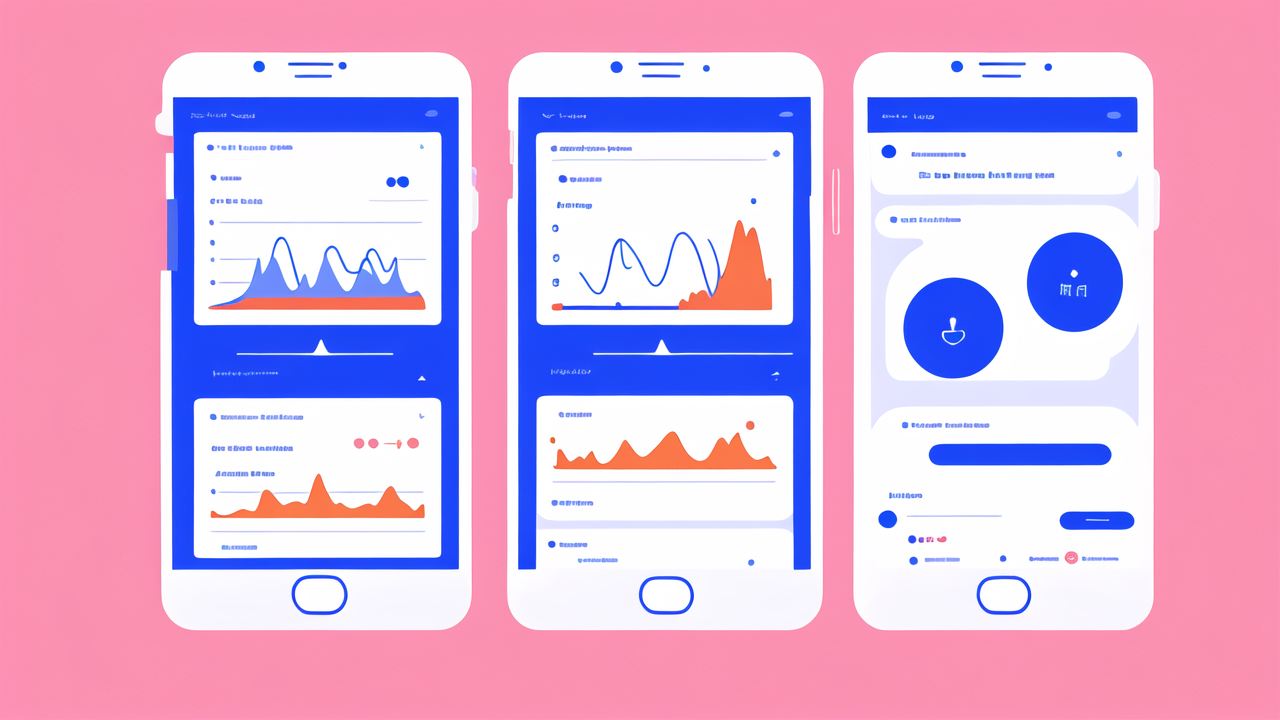The Rise of Smart Bracelets in the Health Industry
Understanding the Technology Behind Smart Bracelets
Smart bracelets are wearable devices that use sensors to track various health metrics. These gadgets often include heart rate monitors, accelerometers, and GPS chips. They can measure steps, sleep patterns, and even stress levels. Some advanced models now feature ECG sensors and blood oxygen monitors. The data is then sent to a smartphone app for analysis and storage. This tech allows users to keep tabs on their health in real-time. It's like having a mini health lab on your wrist.

The Impact of Smart Bracelets on Patient Monitoring
Smart bracelets are changing how doctors monitor patients. They provide continuous data, unlike traditional check-ups. This helps catch health issues early. For chronic conditions, these devices offer better management. Patients with heart problems can track their heart rate and rhythm. Diabetics can monitor their activity levels and sleep quality. This data helps doctors make more informed decisions. It also empowers patients to take charge of their health. Smart bracelets are making healthcare more proactive and personalized.
Regulatory Considerations for Smart Health Devices
As smart bracelets become more advanced, regulations must keep pace. The FDA has started to address these devices under digital health guidelines. They're working on frameworks for software as a medical device (SaMD). Privacy is a major concern, given the sensitive nature of health data. HIPAA rules apply to some smart bracelet data. Companies must ensure strong data protection measures. There's also a need for standards in accuracy and reliability. As these devices play a bigger role in healthcare, clear rules will be crucial.
Advancements in Body Measurement Technologies
Breakthroughs in Non-Invasive Health Monitoring
Non-invasive monitoring is advancing rapidly. New sensors can now measure blood glucose without needles. Sweat analysis can reveal hydration levels and electrolyte balance. Some devices can even detect stress through skin conductance. Optical sensors are getting better at measuring blood pressure. These advances mean less discomfort for patients. They also allow for more frequent measurements. This leads to better health tracking and earlier problem detection. As tech improves, we'll see even more health metrics measured without breaking the skin.

The Integration of AI and Machine Learning
AI and machine learning are making smart bracelets smarter. These techs can spot patterns in health data that humans might miss. They can predict health events before they happen. For example, AI might detect early signs of a heart attack. Machine learning algorithms can personalize health advice based on user data. They can also improve the accuracy of measurements over time. As these systems learn, they become more valuable tools for both users and doctors. The future of health tech lies in these intelligent, learning systems.
Wearable Technology Trends: Beyond Simple Bracelets
Wearable tech is evolving beyond wrist-worn devices. Smart clothing with built-in sensors is on the rise. These can measure things like posture and muscle activity. Earbuds are becoming health monitors, tracking brain activity and stress. Smart rings offer a more discreet option for tracking vitals. Even temporary tattoos with electronic components are being developed. These new forms allow for more diverse and specialized health tracking. As tech shrinks, we'll see more creative and less obtrusive wearables.
Future Prospects: Smart Bracelets in the United States
Innovations on the Horizon: What's Next for Smart Bracelets?
The future of smart bracelets is exciting. We're likely to see devices that can measure blood sugar non-invasively. Emotional health tracking through voice and skin response is coming. Some bracelets might be able to detect early signs of infections. Advanced materials could allow for slimmer, more comfortable designs. Battery life will improve, possibly using body heat for power. We might see bracelets that can deliver medications or vitamins through the skin. The goal is to make these devices more useful and less intrusive in daily life.

The Role of Smart Bracelets in Personalized Medicine
Smart bracelets will play a big part in personalized medicine. They'll provide doctors with a wealth of individual health data. This will help tailor treatments to each patient's unique needs. Medications could be adjusted based on real-time body responses. Exercise and diet plans could be fine-tuned for optimal results. The devices might even help in drug trials, offering detailed participant data. This personalized approach could lead to better outcomes and fewer side effects. It's a step towards truly individualized healthcare.
Ethical and Privacy Concerns in the Age of Smart Health Devices
As smart bracelets collect more data, ethical questions arise. Who owns this health data? How can it be used? There are concerns about insurance companies accessing this info. It could affect premiums or coverage. Employers might want to see employee health data. This raises privacy and discrimination issues. There's also the risk of data breaches and hacking. As these devices become more common, society will need to address these concerns. Clear rules and strong protections will be essential for public trust in this technology.




Leave a comment
This site is protected by hCaptcha and the hCaptcha Privacy Policy and Terms of Service apply.